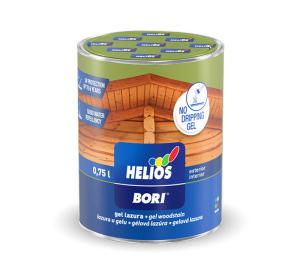When Should You Delete Your Dating Apps?
Key points
- Dating apps have transformed the landscape of dating, but it is important to ask whether having more choices is always better.
- Dating apps seem to prey on the fear of regret through the relentless temptation of limitless matches.
- To mitigate choice paralysis, consider adding filters intentionally and digesting profiles mindfully.
I admit that I enjoy having options; the freedom to choose. I enjoy choosing from a dozen different types of milk: cow milk, sheep milk, and almond milk; you even get to choose the percentage of fat in your preferred protein beverage. Turning on Netflix, there are thousands of movies and shows in virtually every language and genre; if you are uncertain of what to watch, Netflix has algorithms to recommend shows based on your viewing history and popular trends. In searching for a therapist, perhaps you have been down the rabbit hole of scrolling past pages and pages of therapists‘ profiles, carefully weeding through each bio, yet finding yourself unable to take a leap of faith over the seemingly bottomless pool of options.
In our society, identity is intertwined with choices. Anyone who has pondered over two almost identical bags of pasta (or coffee beans-I welcome you to fill in the blank) at the grocery store has wrestled with choice paralysis, a phenomenon that plagues modern society. The range of choices we make goes from the coffee we drink to the partner we choose to share a life with. Well, especially when it comes to choosing partners.
If Darwin were alive today, he would be intrigued, if not puzzled, by the modern mating dance: geographical limitations are mitigated by online dating, signals of attraction communicated by the bravery of an index finger. Apps have transformed the landscape of dating, and done so profitably. In 2021, Match Group, which owns Tinder, Hinge, OkCupid, and match, among others, brought in a net profit of $922 million. Continue reading


